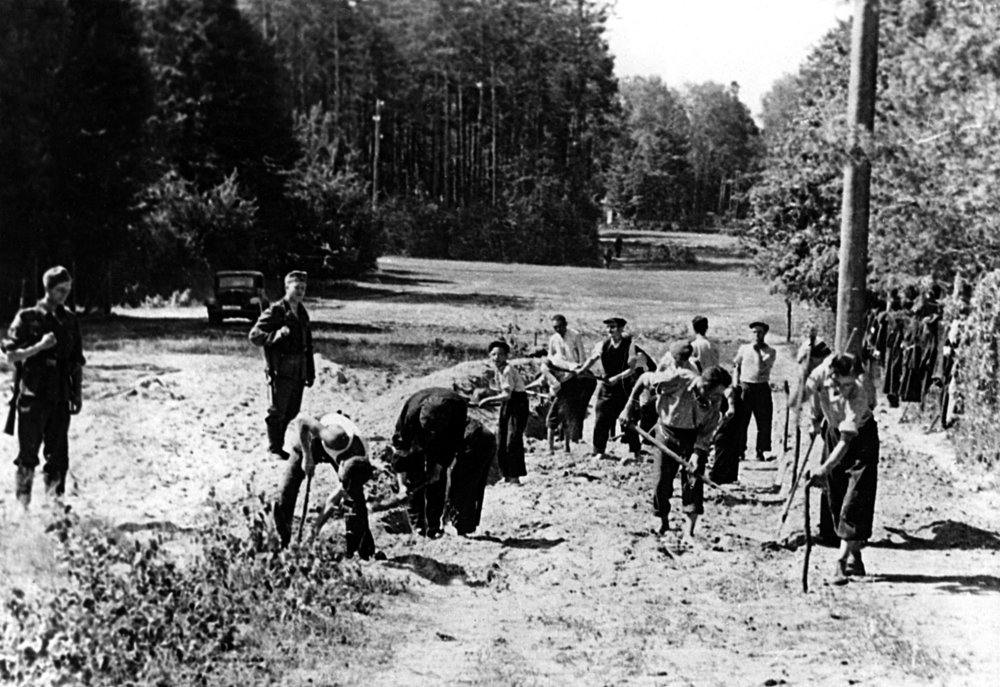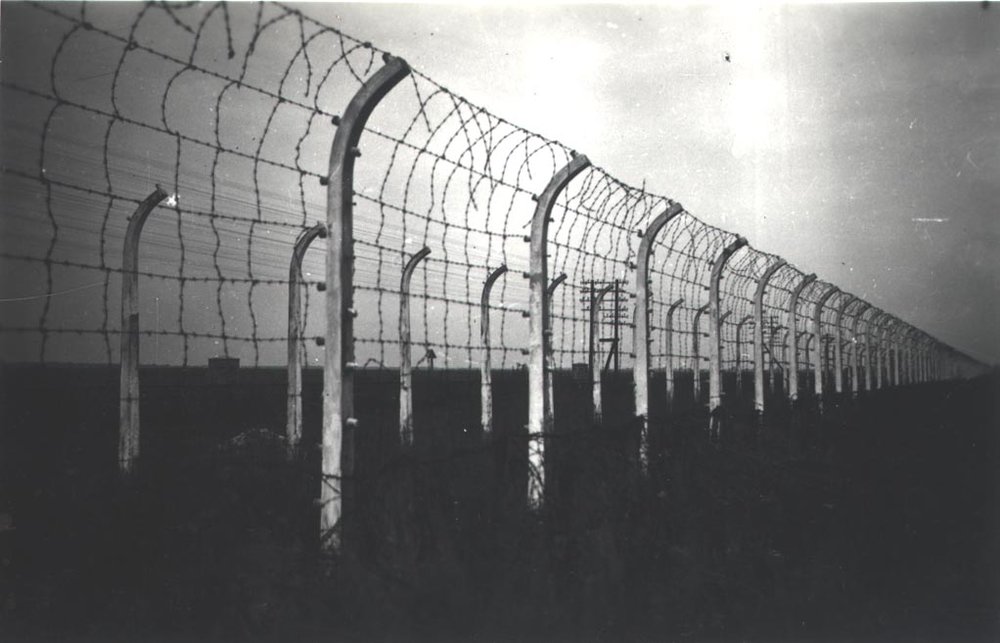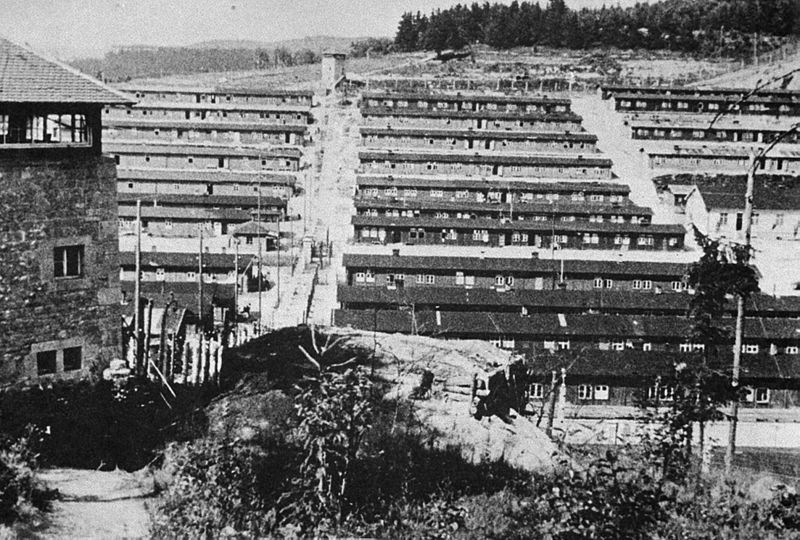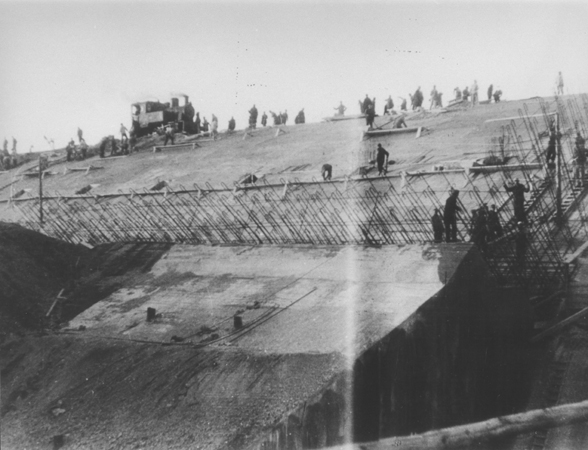Why Hitler did not like the Jewish people is something that is regularly discussed when studying The holocaust which resulted in 6 million Jews being killed in an act of genocide.
In addition to Jews, other groups that were targeted and victims of genocide included gypsies, homosexuals, the disabled, addicts, political opposition, communists and any other detractors to the Nazi party.
This piece will be exploring the reasons why Hitler did not like the Jews, with reference to different scholars, historians and beliefs.
Reasons Behind Hitler’s Attitudes to the Jews
Whilst the exact origins of Hitler’s attitudes towards Jewish people are uncertain, he elaborates his journey into anti-Semitism in his book Mein Kampf, which he refers to a lengthy inner struggle.
Below are some of the main reasons that could have contributed to Hitler’s attitudes towards the Jews and the fundamental reasons behind the Holocaust. These factors will be discussed throughout this article:
- Racial ideology and superiority
- Myths
- Using the Jews as scapegoats
- The history of antisemitism
- Influential figures in Hitler’s life
- Blaming the Jews for losing the First World War
- Hitler’s experience in the First World War
- Irrational fear
Racial Ideology
Hitler had very strong beliefs about pure-blooded Germans being the master race, known as the Aryan Race and considered Jews as the lowest form of human in his hierarchy of race, and classified them as ‘non Germans.’ Despite his beliefs, Jews had a history of living in Germany since 500 AD and even today, most Askenazic Jews have German surnames.
Other races considered to be of a lower race were Poles, Russians, Gypsies and in schools under the Nazi regime, pupils were taught about a hierarchy of races with white Aryan Germans at the top and ethnic minorities at the bottom.
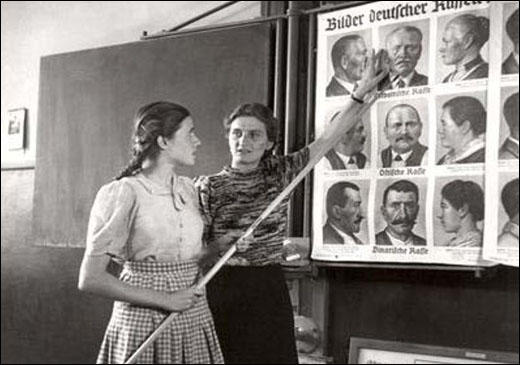
Rumours and Myths
Before getting into the legitimate reasons that contributed to Hitler’s hatred towards the Jews, there are several rumours and myths surrounding this topic.
One of the most popular myths out there for the reasons behind Hitler’s attitude towards the Jews is that he was ashamed of his Jewish heritage. A very controversial rumour is that Hitler had a Jewish grandfather; as his father, Alois Hitler, was registered an illegitimate child, with Alois’s mother (Hitler’s grandmother) having worked for a wealthy Jewish family in her past.
This myth presumes that one of the family members of that household is Alois’s biological father, and therefore the biological grandfather of the Nazi party leader himself. Despite some speculation, there is no valid evidence to back up these claims.
Another common rumour surrounding Hitler’s hatred to the Jews was that he had contracted neuro-syphilis in Vienna from a Jewish prostitute; a specific type of venereal disease that if left untreated can result in madness.
Although no there is no hard proof of this, psychiatrist Dr Bassem Habeeb has claimed “ample circumstantial evidence” in favour of this theory, further stating that this disease could have been the fuel in Hitler’s production of a “deadly logic, and blueprint for the Holocaust.” However, this theory has not yet been examined extensively, and requires further research to draw it out from this category of rumours and myths.
The Scapegoats for Everything
The heightened tensions following Germany’s defeat in combination with the deep history of cultural stigma surrounding the Jewish faith created the perfect setting for Hitler to fully develop upon his anti-Semitic ideas, subsequently blaming Jewish people for all failings in both Germany and the world. This prejudice within society at the time also created an opportunity for Hitler to infiltrate his anti-Semitic views into his politics successfully, and therefore igniting the wildfire of abuse and murder that later ensued during his rule in Germany.
Other reasons why Hitler did not like the Jews included blaming:
- Their influence in finance and banking
- Their “role” in causing The Great Depression in 1929
- Their role in communism (Jews were not communists, although Marx and Lenin were Jewish). This creates a paradox over Hitler not liking Jews for being capitalists and communists, which are polar opposites.
The History of Antisemitism
Despite the severe and drastic levels of antisemitism that the Nazi party had caused, the discrimination of Jewish people did not start throughout WWII, but has rather been around since the Middle Ages. The Jewish faith was something that Christians deemed an aberration, and often forced those who followed it to convert to Christianity across German, the UK, Spain and other European countries.
In addition to this, those of the Jewish faith were also discriminated against in the professional sphere, forced to live outside of main areas in quarters known as ‘shtetls’ and they often took up roles as money lenders since this was not allowed in the Christian faith. Other common Jewish roles included jewellers, haberdashers, tradesmen, banking and practicing medicine.

As time progressed, the reasons behind the discrimination to the Jews changed from religious reasons to ideas surrounding race, and that of which Hitler utilized when building up his ideology around the hierarchy of the different races.
Influential Figures in Hitler’s Life
Another contributor which added to Hitler’s anti-Semitic concepts was the public figures he admired. The leader of the Nazi party learnt how to be successful in incorporating antisemitism into social reforms through Karl Lueger, a politician who was the mayor of Vienna around the time that Hitler had lived there.
In addition to Kar Lueger, Georg Ritter von Schönerer was another influential figure in Hitler’s life, and furthermore the development of his theories surrounding the Jews. Schönerer believed that the Jews were not, and could not ever be, legitimate citizens of Germany and instead ‘must be removed like a disease, to purify the German people.’
Blaming the Jews for Losing the War
For many Germans, the defeat that came with the end of WWI was a difficult loss to accept, Hitler being no exception to this. Not only had Germany gone from being a European superpower, but they were forced to pay £6.6 billion in reparations to the rest of Europe – something that humiliated them.
After the end of the First World War, the government of Germany signed a peace treaty that caused considerable backlash amongst its German citizens. This backlash was used to develop the legend that was later to be known as the “stab-in-the-back legend”. This legend blamed the German defeat not on the performance in the battlefield, but rather through a betrayal back at home. One of the main groups of people who was blamed for this betrayal was the Jews.
Defying this logic, around 100,000 Jews had served in WW1 and many of them had received badges of honour for their service. Some of them were spared during the selection process at extermination camps, although many perished.
Hitler’s Experience in the First World War
Hitler enlisted for the army in 1914, which may have been just the right outlet the leader of the Nazi party needed to immerse himself in the politics of what was going on in the world. Hitler got injured by a poisonous gas attack during his service, which has been rumoured to be a trauma that triggered his hatred towards the Jews, however there is no solid evidence of this being the case.
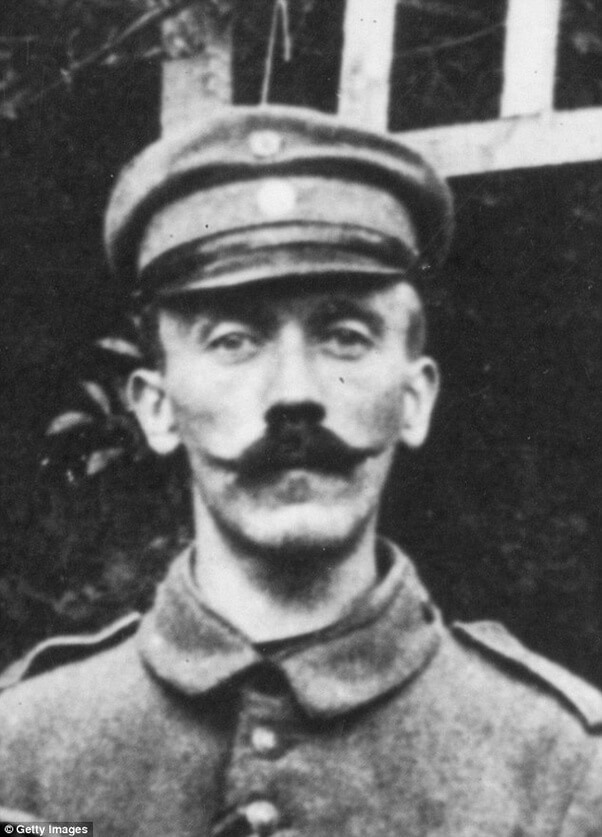
Hitler depicts losing the war in his book Mein Kampf as an extremely painful experience, the active role he played in this enhancing the emotion behind his reactions, further making him very susceptible to getting caught up in the uproar against the government and the “stab-in-the-back legend”.
Irrational Fear
Hitler and his head of propaganda Joseph Goebbels, pushed the irrational fear that the Jewish people were planning a ‘potential uprising.’ In fact it was mentioned in The Wannasee Conference, which was the meeting which consolidated The Final Solution, that whilst strong Jews must be used to build railway tracks, we must be cautious of survival of the fittest and the chance of a potential uprising.
In many part of Europe prior to The Holocaust, particularly Poland, most Jews lived in Jewish quarters and were separate from mainstream society. So many people had not engaged with Jews beforehand or knew much about them. The ideas of Jews plotting or planning a global domination was an irrational idea that Hitler and the Nazis played on.

